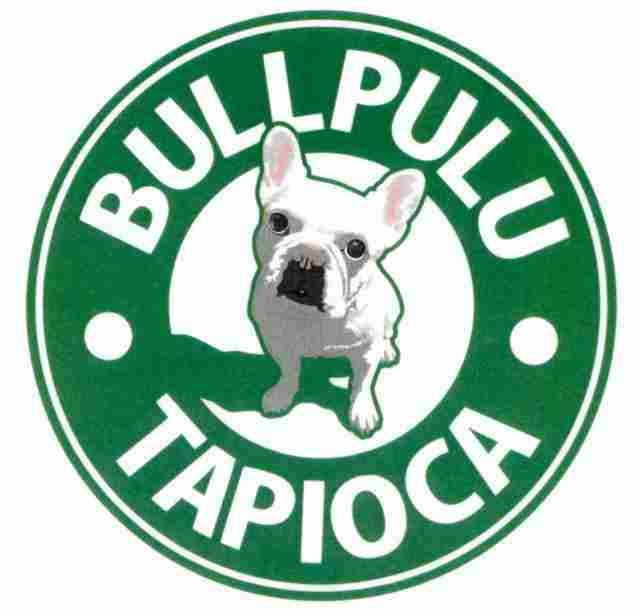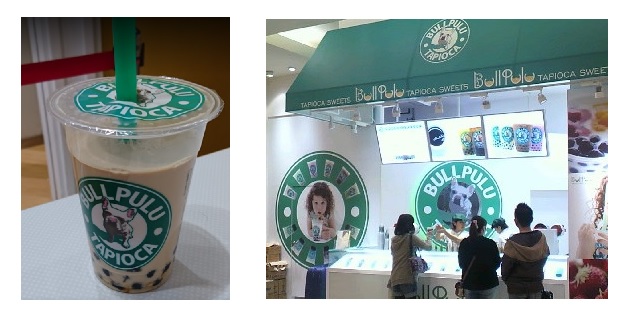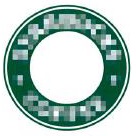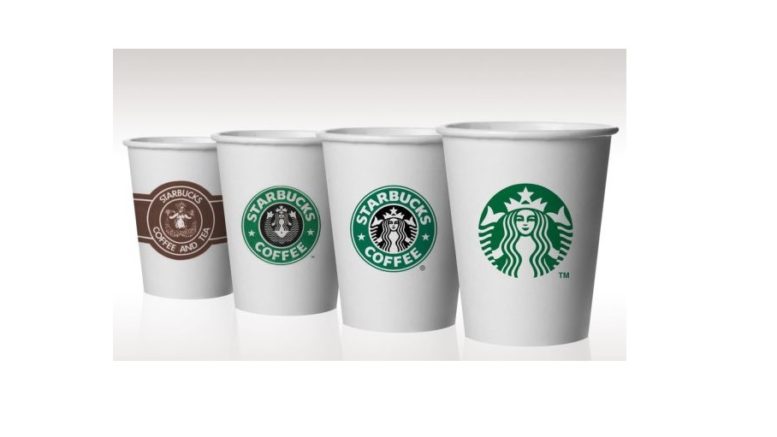On September 16, 2020, the Japan IP High Court dismissed an appeal by the American multinational coffee house chain, Starbucks Corporation, challenging the unfavorable decision made by the Japan Patent Office (JPO) that did not find a likelihood of confusion with the previous Starbucks logo. [Court case no. Reiwa1(Gyo-ke)10170]
BULL PULU TAPIOCA LOGO
Starbucks has been eagerly struggling to invalidate trademark registration for BULL PULU TAPIOKA logo (see below) because it contains a green circular frame with white lettering inside.

Disputed mark was applied for registration over tapioca-based milk products in class 29, tapioca-flavored coffee, cocoa, confectionery; tapioca powder for foods in class 30, and restaurant service in class 43 on March 9, 2016, by a Japanese Company who operates tapioca drink parlors bearing the disputed mark in Japan. JPO registered the mark on December 9, 2016.

Invalidation action to JPO
On September 15, 2017, Starbucks Corporation filed a petition for invalidation and alleged among others the disputed mark shall be invalidated in contravention of Article 4(1)(xi) and (xv) of the Trademark Law due to similarity to, or a likelihood of confusion with senior trademark registration no. 4806987 for the previous Starbucks logo.

The third version of the Starbucks logo design, used from 1992 to 2010, consists of a black and white two-tailed siren wearing a starred crown and framed around a green circle in which the words “Starbucks Coffee” are written.
The JPO Invalidation Board questioned given five years have already passed since Starbucks redesigned its iconic emblem to the new logo whether the previous logo has continuously retained a substantial degree of reputation and popularity in Japan at the time of filing the disputed mark. Besides, the Board did see both marks are totally dissimilar and the configuration of a green circular frame with white lettering inside per se would never be known for a source indicator of Starbucks. If so, the Board found that relevant consumers are unlikely to confuse the source of goods and services in question bearing the disputed mark with Starbucks and decided to dismiss the invalidation action on August 21, 2019. [Invalidation case no. 2017-890065]
On December 19, 2019, Starbucks brought the case to the IP High Court and demanded the cancellation of the JPO decision.
IP High Court ruling
Starbucks argued the JPO erred in finding a likelihood of confusion based on the interview report which indicated more than 70% of the interviewees (total of 552 people ranging in age from 20 to 69) associated the following image of a green circular frame with white lettering inside with Starbucks.

The IP High Court held the previous logo has become remarkably famous as a source indicator of Starbucks in 2011 when it was replaced with the new logo. The Court also found the portion of a green circular frame with white lettering inside shall be impressive to consumers at the sight of the previous Starbucks logo. However, the court raised the same question if relevant consumers conceive Starbucks even when different words other than “STARBUCKS” and “COFFEE” appear inside the frame. If so, there is no reasonable ground to believe a mere image of a green circular frame with white lettering inside has played a significant role in the source indicator of Starbucks by taking account of the fact that the disputed mark was filed four years after the redesign to the new logo.
As for the interview report, the court strictly viewed that the image was not precisely identical to the previous Starbucks logo. It just focused on extracting the generic concept of the frame with lettering. In addition, interviewees were notified in advance that the image originally contained a design in the center and words to represent a company inside the frame. Such information shall be misleading and biased. If so, the report would be anything but appropriate and relevant to assess the high recognition of the frame as well as a likelihood of confusion on the case.
Based on the foregoing, the IP High Court upheld the JPO decision.

Masaki MIKAMI, Attorney at IP LAW – Founder of MARKS IP LAW FIRM

